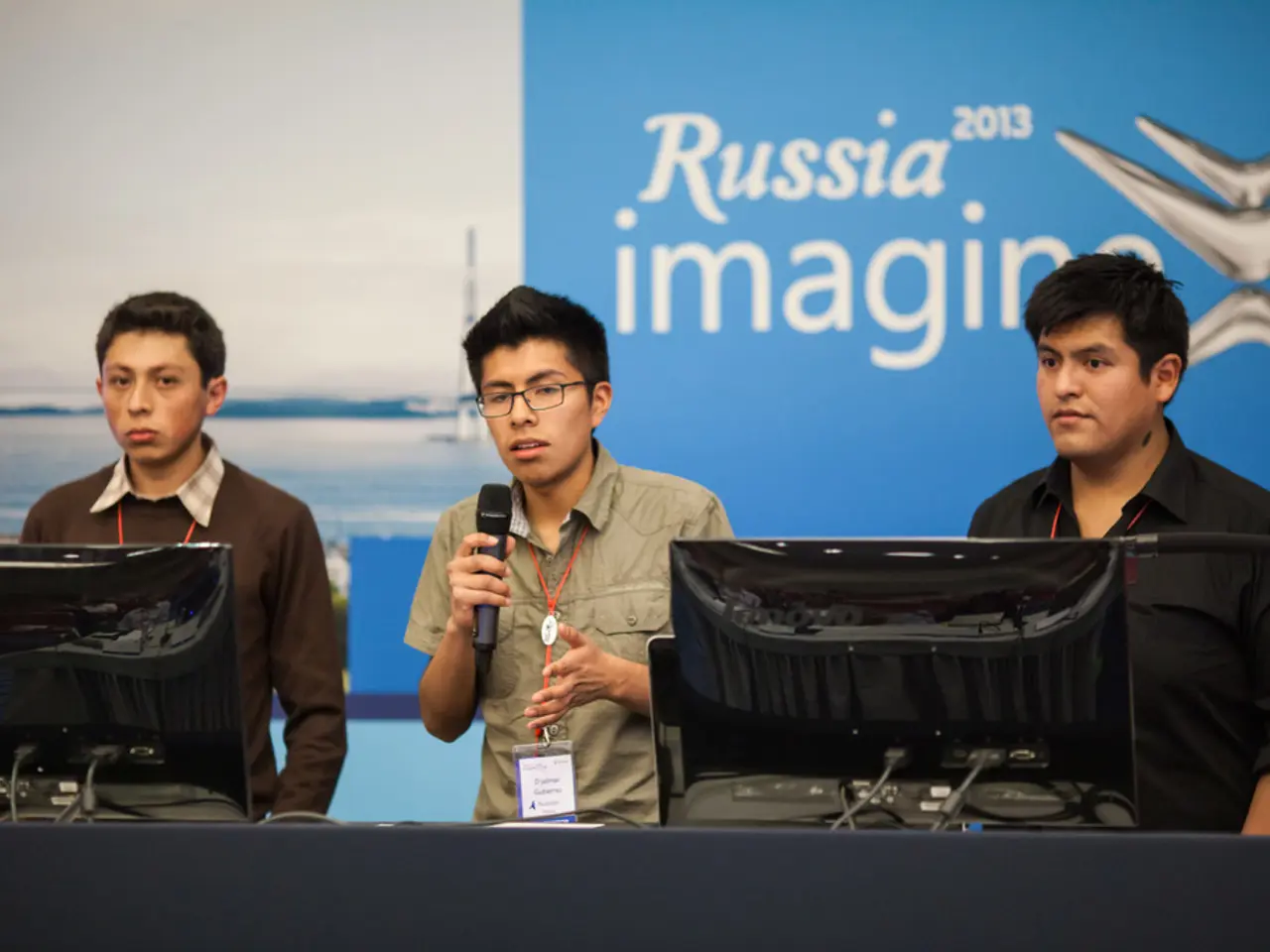Trump Intervention in Ukraine Unanticipated by Majority, According to Poll Results
In a recent survey by Civey for news channel Welt TV, only 14 percent of Germans believe that U.S. President Donald Trump will support Ukraine during his upcoming meeting with Russian President Vladimir Putin. The meeting, scheduled to take place later today in northern Alaska, has sparked widespread skepticism among Germans, who question Trump's approach and intentions.
The skepticism stems from concerns that Trump's efforts may inadvertently legitimize aggressive Russian demands without securing genuine peace or security guarantees for Ukraine. Europeans, including Germans, think Putin is not serious about peace and is instead committed to undermining Ukraine’s independence.
Trump's shift from demanding a ceasefire before peace negotiations to pushing directly for a deal is viewed as a premature and flawed approach. Russian demands, such as the incorporation of Donbas into Russia, are unacceptable to many Europeans and Ukrainians but appear to be entertained by Trump.
Past U.S. policy reversals and ineffective diplomatic overtures under Trump have eroded trust in his peace initiatives, leading to doubts about the effectiveness of Trump’s peace efforts and his tendency to pressure Ukraine into concessions unfavorable to its sovereignty. European leaders have made clear they will resist any U.S. pressure on Ukraine to accept Russian terms, signaling a lack of alignment with Trump’s strategy.
Despite the skepticism, Trump does have significant leverage in the meeting. Apart from arms deliveries, he could halt the provision of satellite data or intelligence from the U.S., which are virtually irreplaceable for Ukraine in the war. However, so far, Putin has shown no signs of yielding.
The survey, reportedly representative, also revealed that a majority of Germans (55 percent) believe that the negotiating power lies either clearly or more likely with the Russian president. Meanwhile, 30 percent of Germans are unsure about the negotiating power in the meeting, and 23 percent are undecided about Trump's intentions.
Trump aims to discuss a ceasefire in Ukraine and an end to the conflict during the meeting. The specific details about the agenda of the meeting were not provided in the article. Despite the uncertainty, the meeting between Trump and Putin promises to be a significant event in the ongoing Ukraine crisis.
[1] https://www.reuters.com/article/us-ukraine-crisis-germany-trump-putin-idUSKBN2612JE [2] https://www.washingtonpost.com/world/europe/trump-and-putin-set-to-meet-in-alaska-amid-questions-about-the-us-presidents-approach-to-ukraine/2021/10/28/7b143e3e-802b-11ec-b343-0c8e3c7f352d_story.html [3] https://www.nytimes.com/2021/10/27/world/europe/trump-putin-ukraine-summit.html [4] https://www.politico.eu/article/germany-skeptical-of-trump-putin-summit-ukraine-crisis/
- The skepticism among Germans and Europeans about Trump's peace efforts in the Ukraine crisis is rooted in concerns about his potential to inadvertently legitimize Russian aggression, serve Russian interests, and undermine Ukraine’s independence, as illustrated by his handling of war-and-conflicts and his approach to politics.
- Considering the recent survey results and the ongoing uncertainty about Trump's intentions, the meeting between Trump and Putin is anticipated to be a critical general-news event, with implications for the ongoing war and conflicts in Ukraine, as well as for the broader politics and international relations landscape.




